Mangaluru, Feb 7: A collection of monochrome photographs depicting daily scenes on the streets captured by Coastaldigest.com photographer Ahmed Anwar were displayed in an exhibition titled ‘Street Life’ at Talent Conference Hall, Kankanady here on Saturday.
Over a hundred black-and-white photographs chosen from the vast collection of Ahmed Anwar captured in several cities over a period of 15 years captivated the attention of visitors at the exhibition organised by Talent Research Foundation, Coastaldigest.com, M Friends and Team Ahlan.
The four-day exhibition was inaugurated on Saturday by Minister for Health and Family Welfare U T Khader, who appreciated the aptitude and flair shown by the senior photographer Ahmed Anwar and the raw human appeal in the photographs capturing the myriad sentiments of people living on streets.
Addressing the gathering after inaugurating the exhibition, Mr Khader said that the images captured by Anwar showcased his social concern by portraying the difficulties of people living on the sides of the roads in the country.
The minister said that the state health department would shortly launch a programme Arogya Bhagya to provide free treatment of diseases for journalists and mediapersons, and also announced a health scheme to provide cashless treatment for retired government employees and pensioners.
On the occasion, Ahmed Anwar was honoured by the organisers for his several achievements over the years. Battling an illness from over a year, Ahmed Anwar was hailed as an example for the society for his dedication to his work and service to the society.
Speaking on the occasion, Dakshina Kannada deputy commissioner A B Ibrahim said that the monochrome images captured by Ahmed Anwar motivated one to pause and contemplate on the hardships faced by people living in the streets. By observing the images, one is forced to think about the necessity to improve our surroundings and the society, he said.
President of Press Club, Mangaluru and journalist Ramakrishna R, retired police officer G A Bawa, Managing Director of Vishwas Bawa Builders Abdul Rauf Puthige also spoke on the occasion. Talent Research Foundation president Riyaz Kannur, journalist Arif Padubidri and several others were present on the occasion.
Shabana, the first Muslim female Chartered Accountant in Mangaluru, was honoured in the programme.
Ahmed Anwar has won several laurels and awards in recognition of his work as a photographer and has also garnered appreciation from personalities from various walks of life for his work as a writer including poetry.
The photos will be on display at the exhibition from 10 a.m. to 5 p.m. from Saturday onwards.
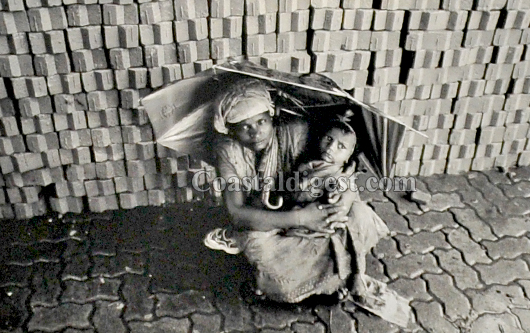
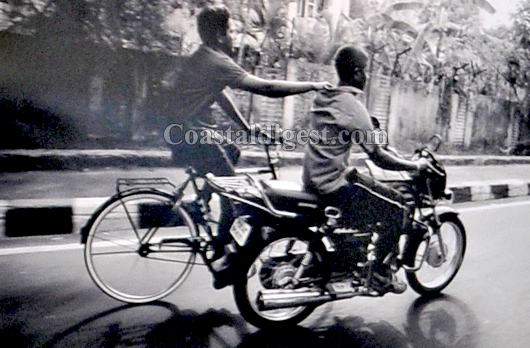



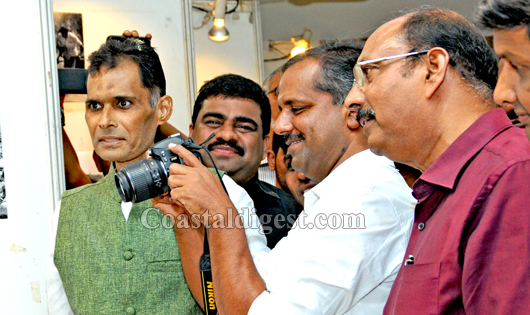
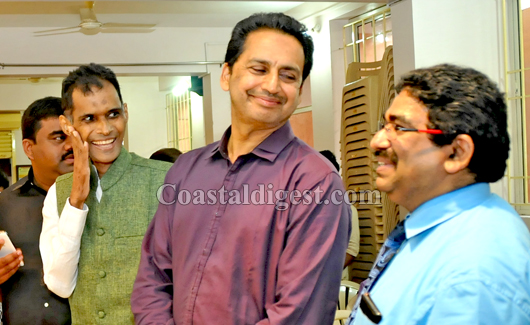
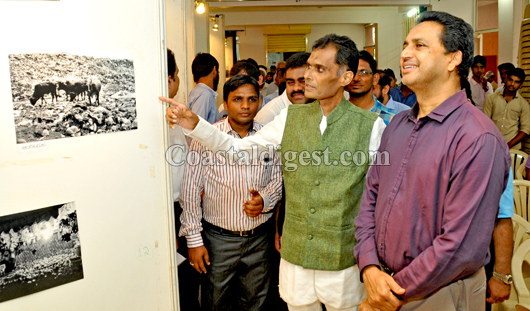
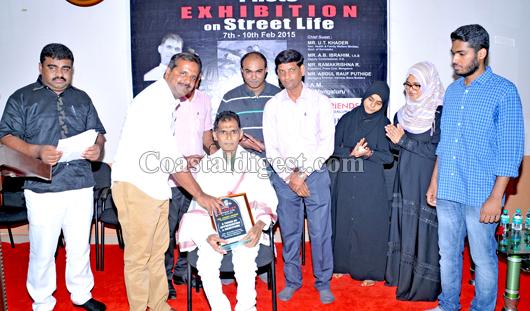
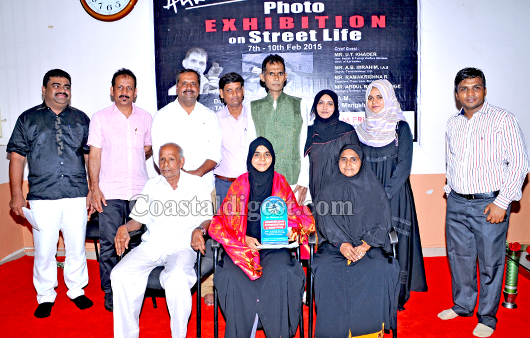
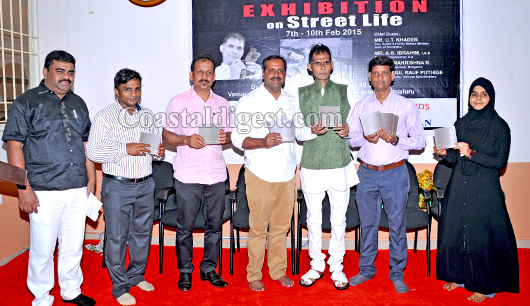
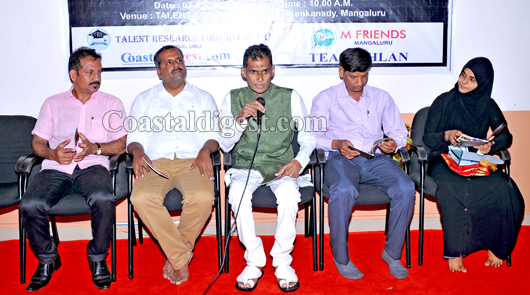
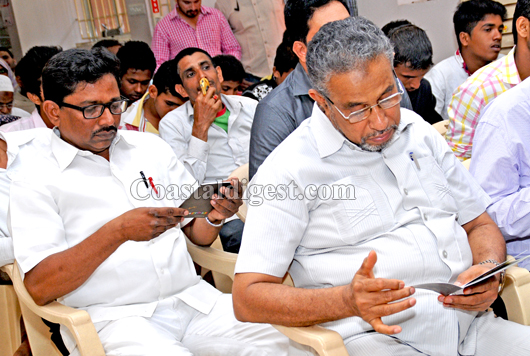
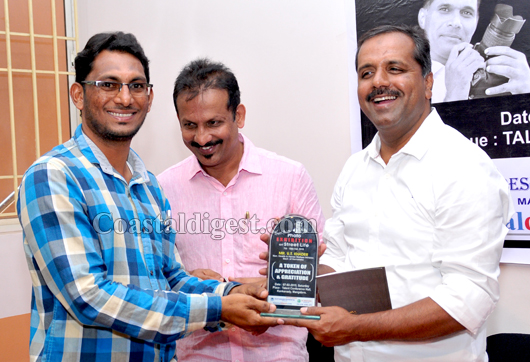
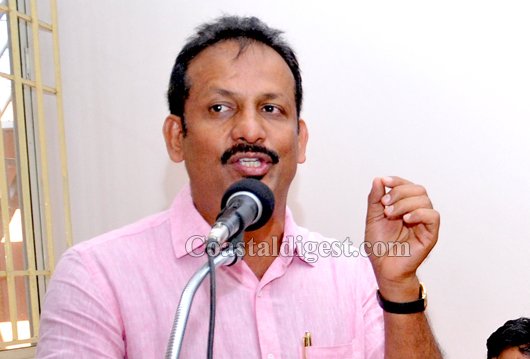
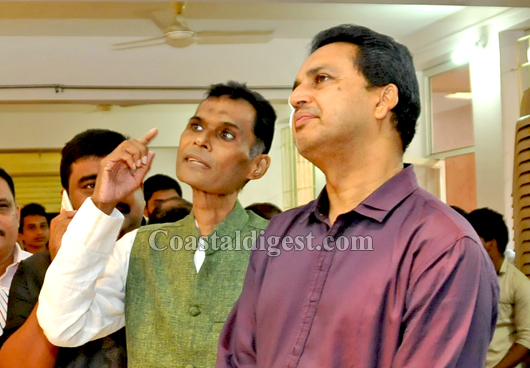
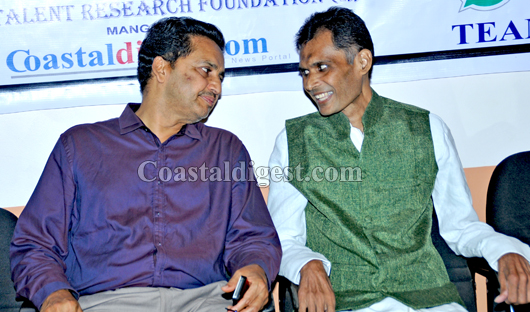
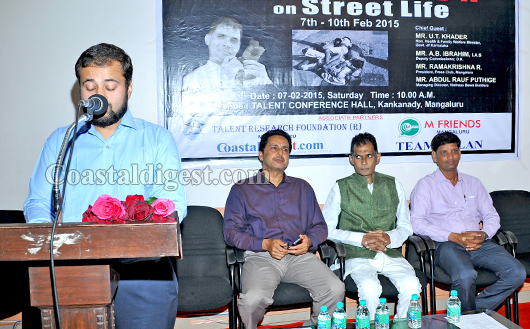
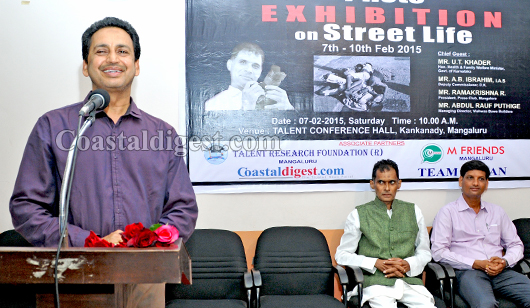
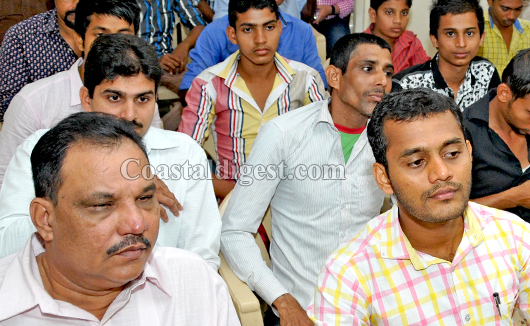
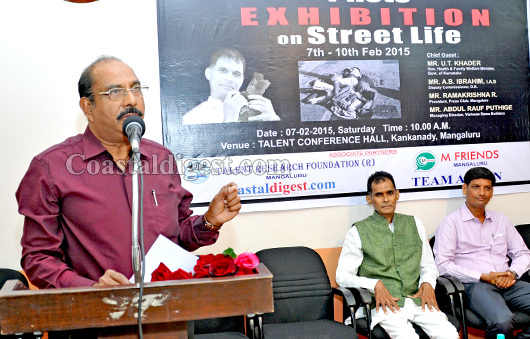
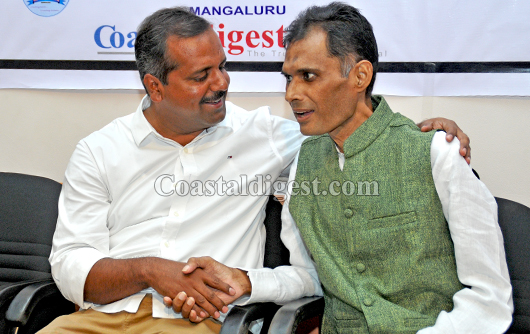
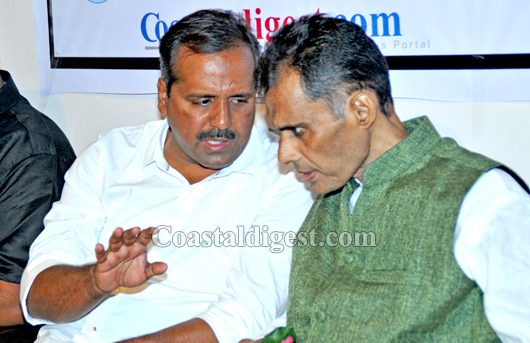
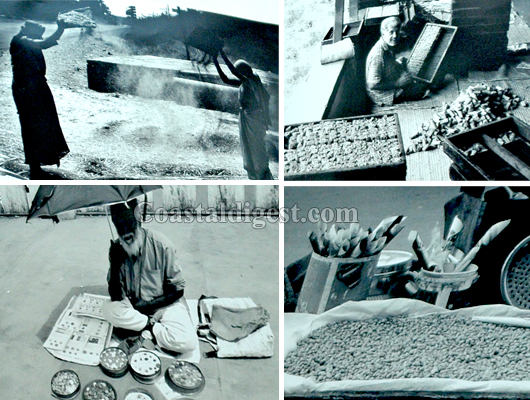
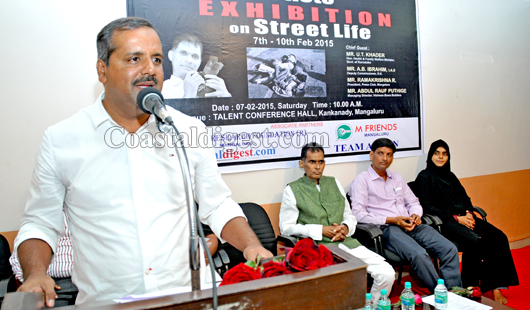
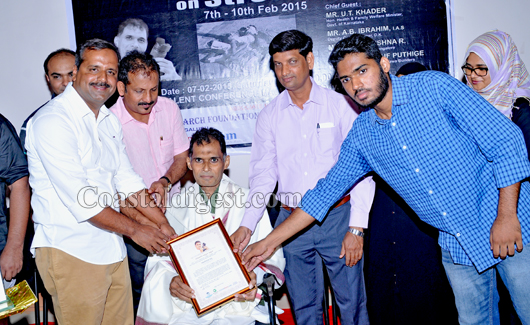
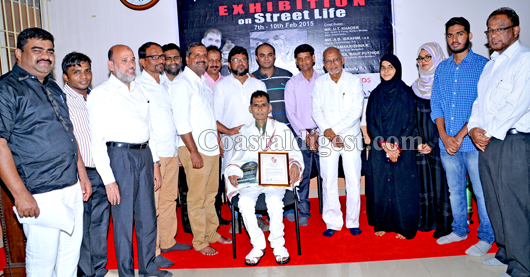
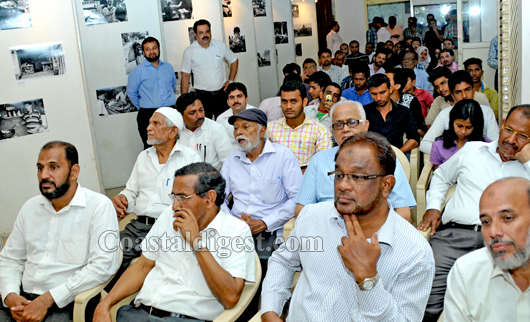
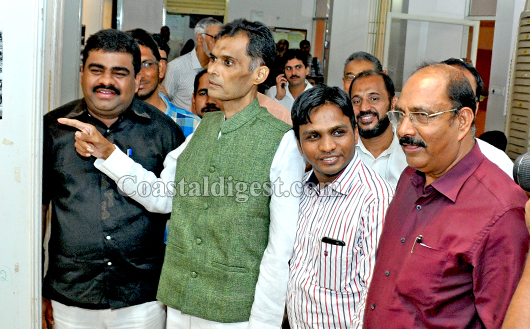
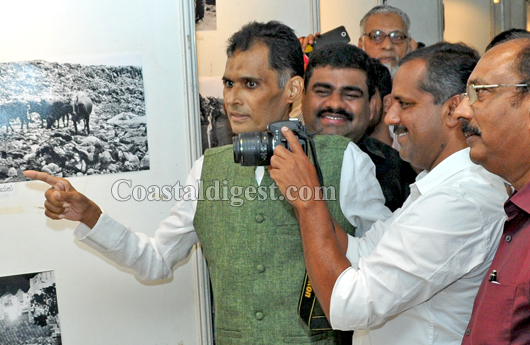
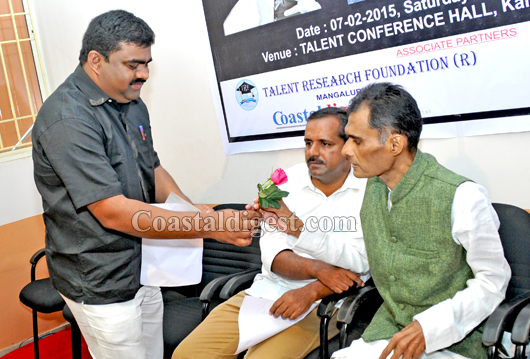
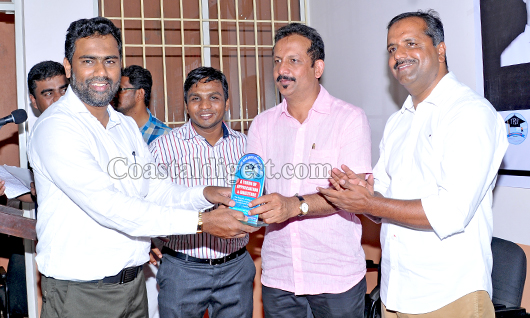
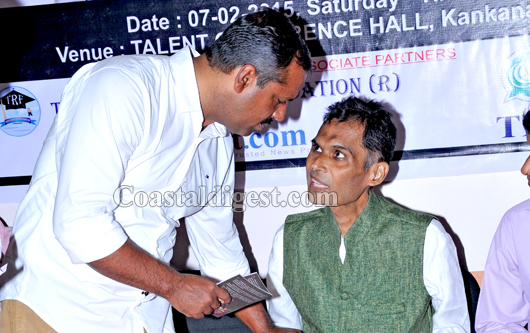
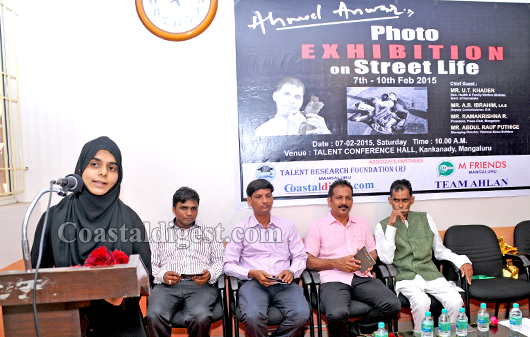
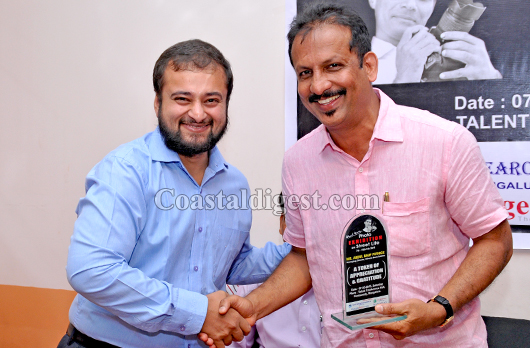
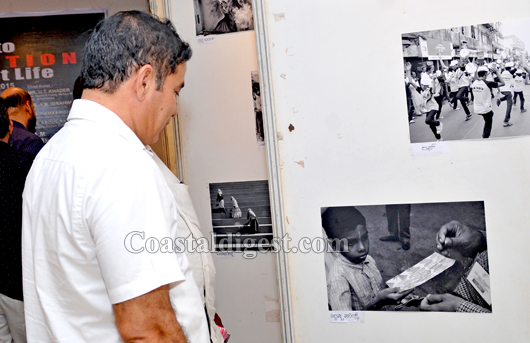
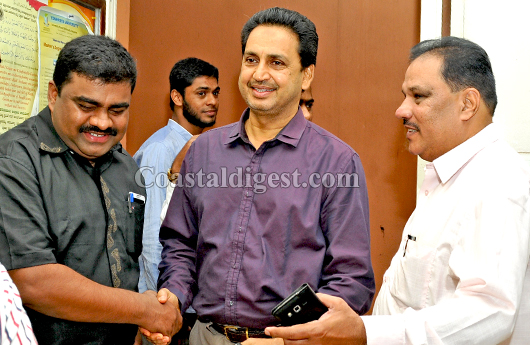
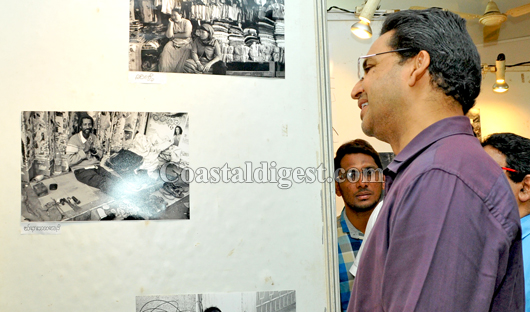
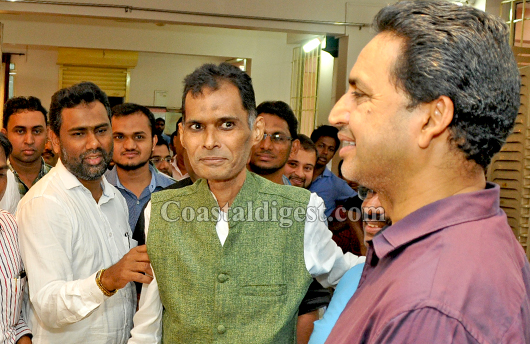
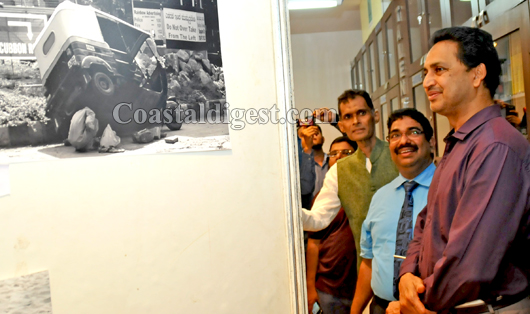
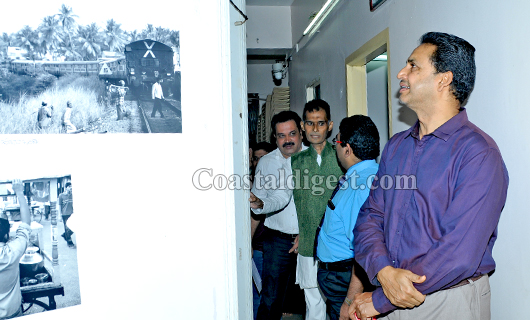
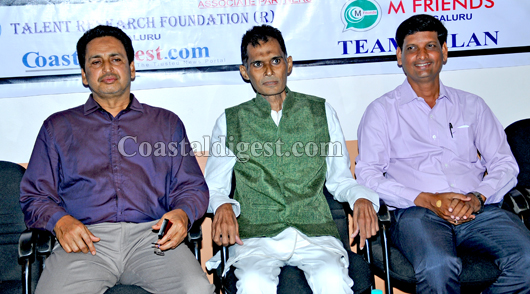
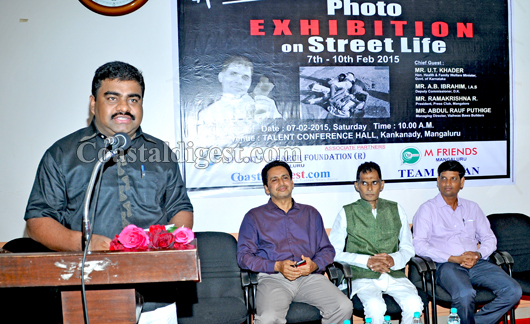
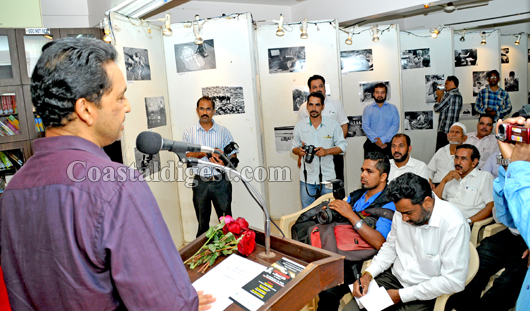
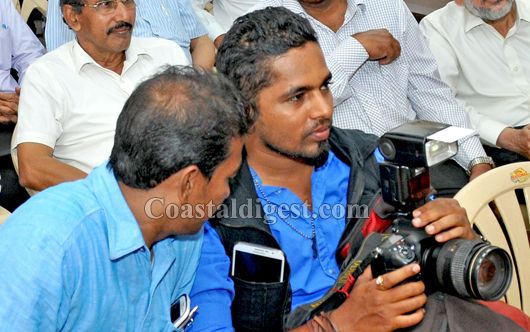
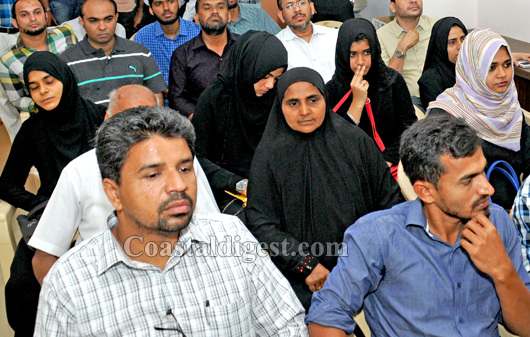
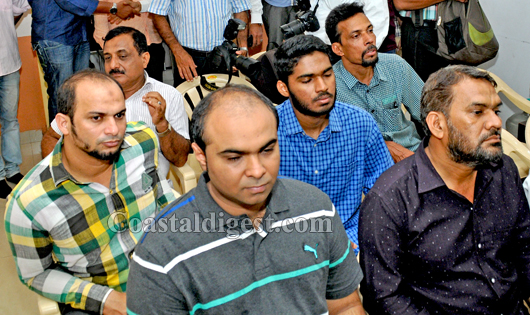
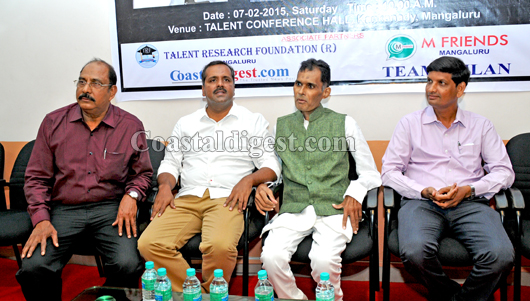
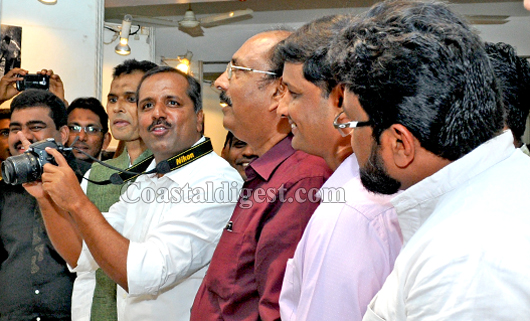
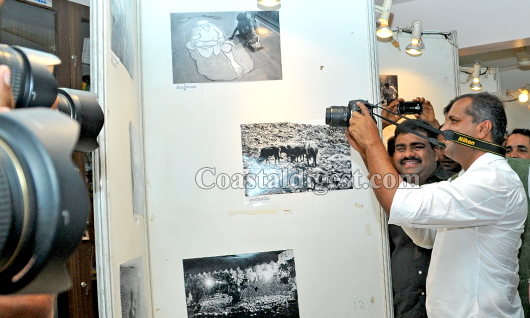
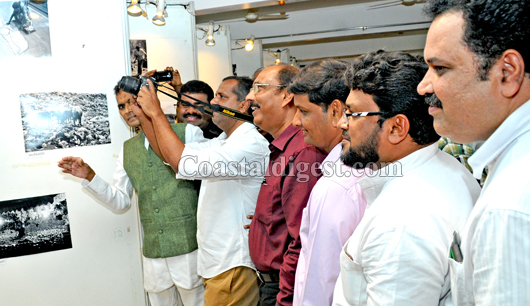
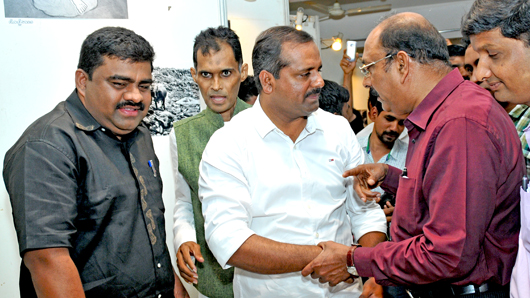
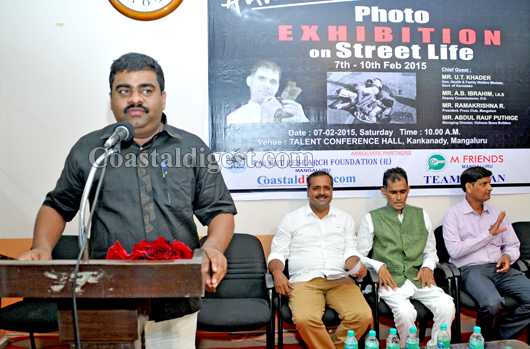
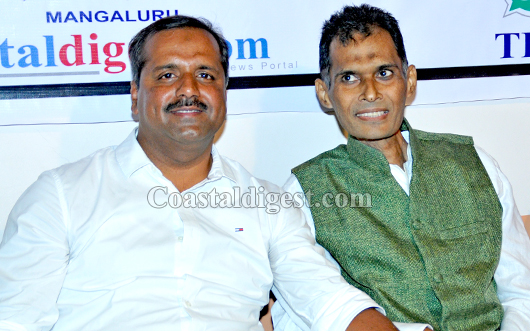
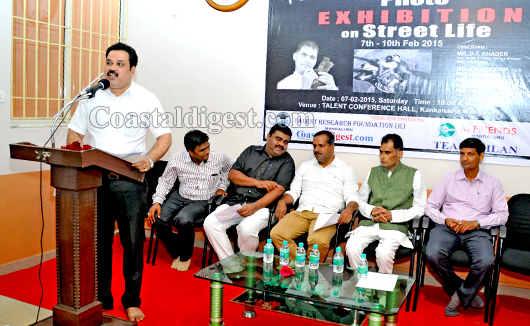
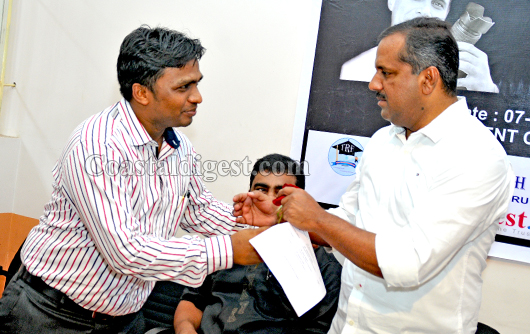
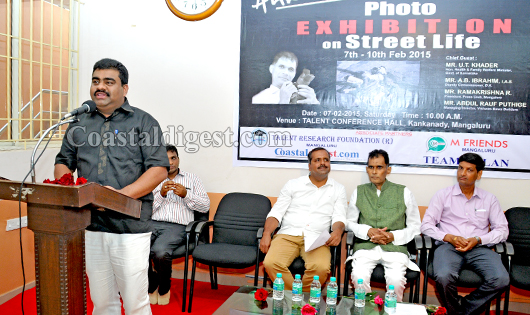
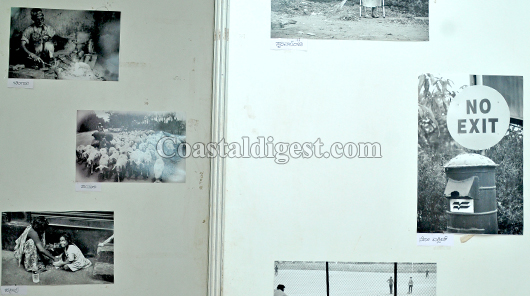
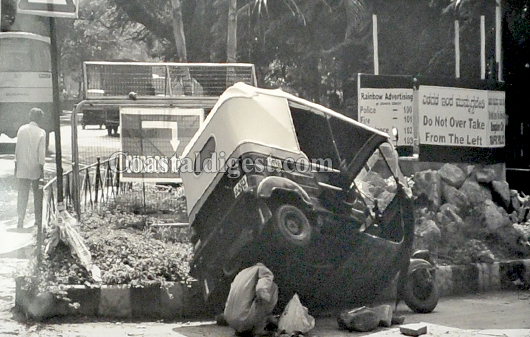
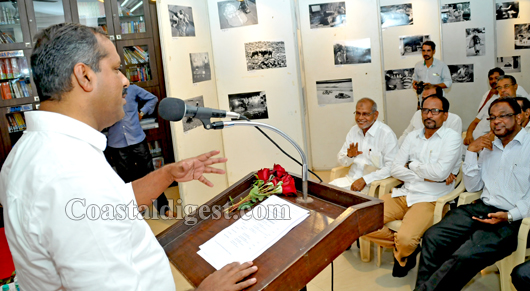
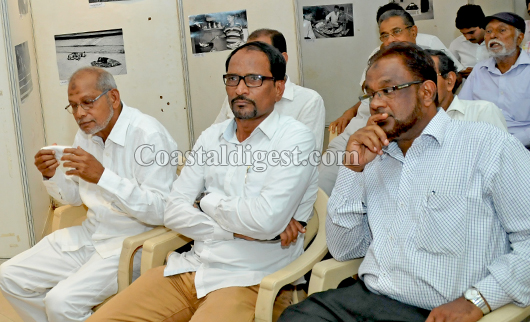
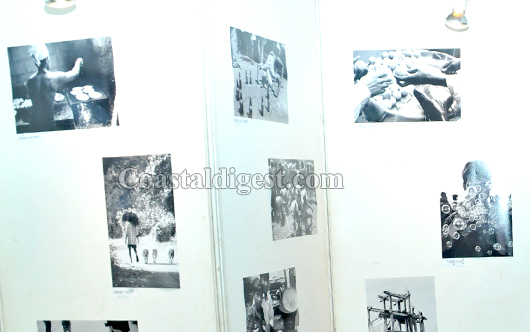
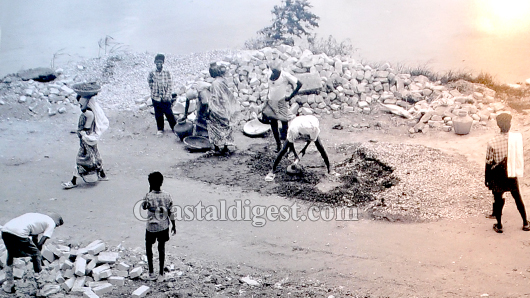
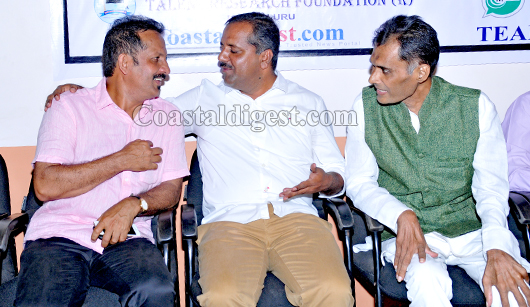
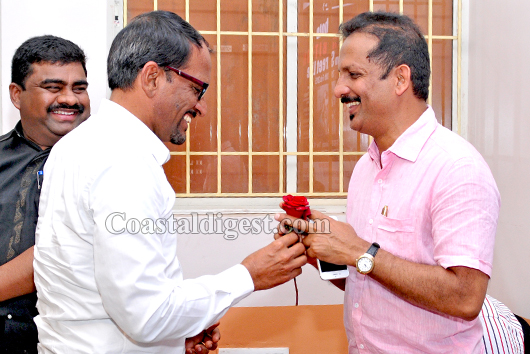
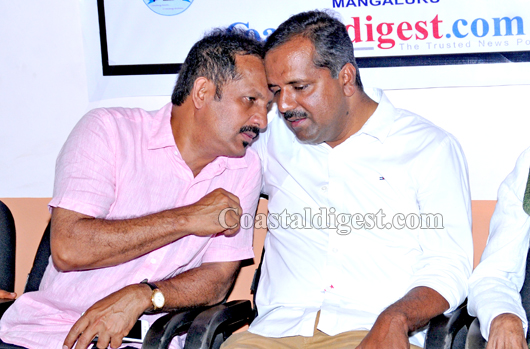
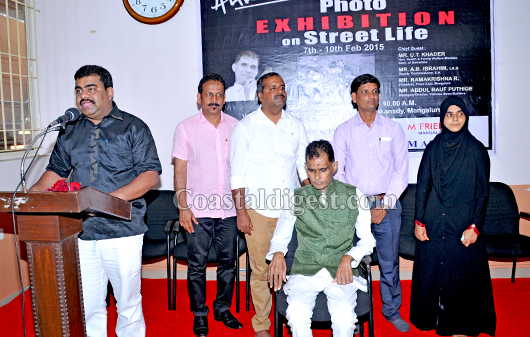
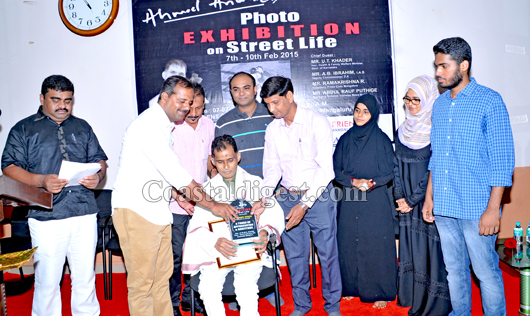
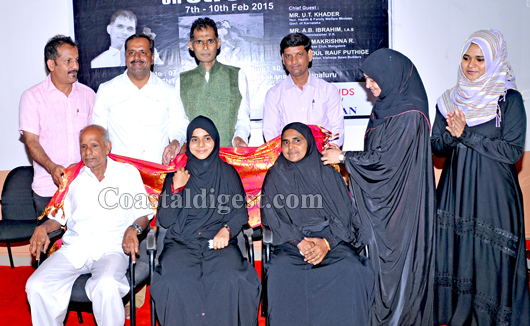
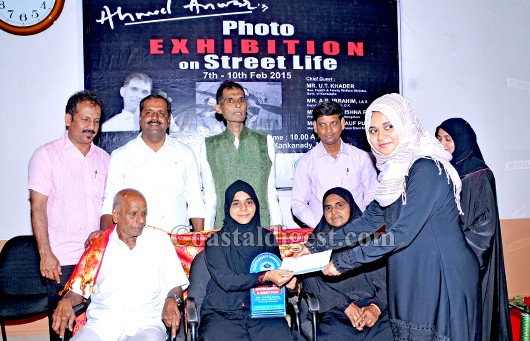
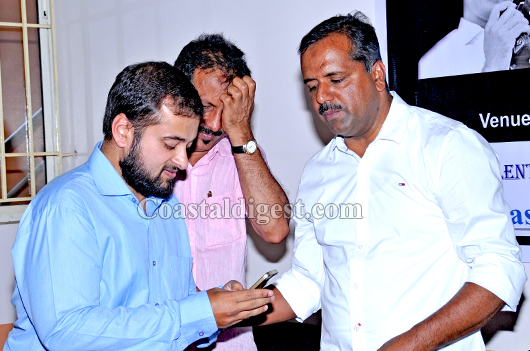
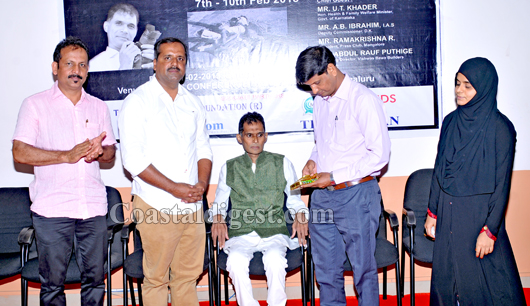
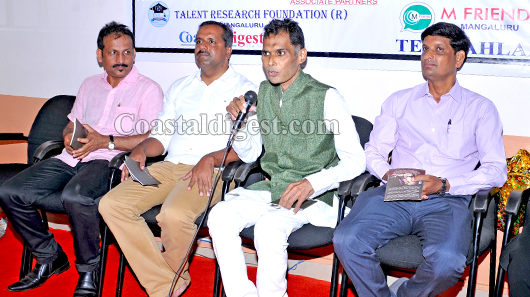
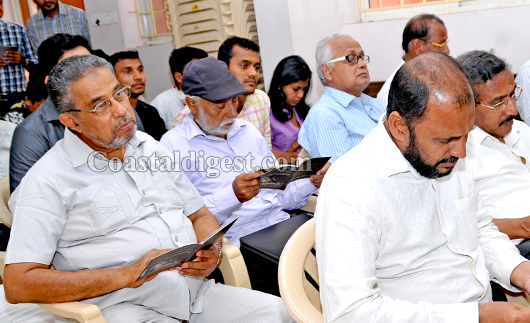
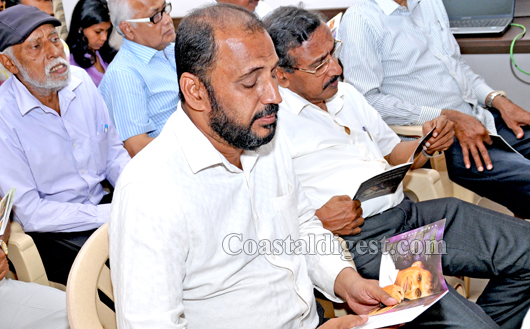
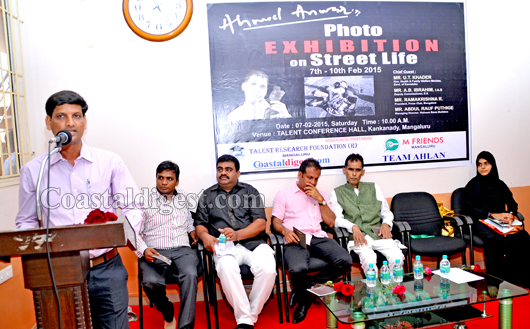
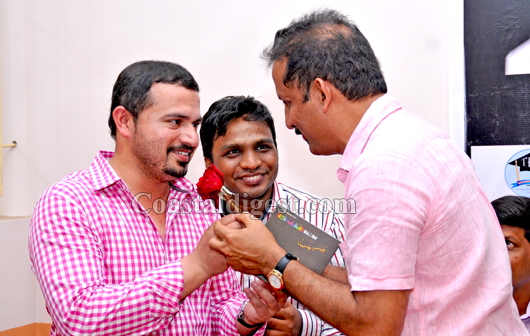
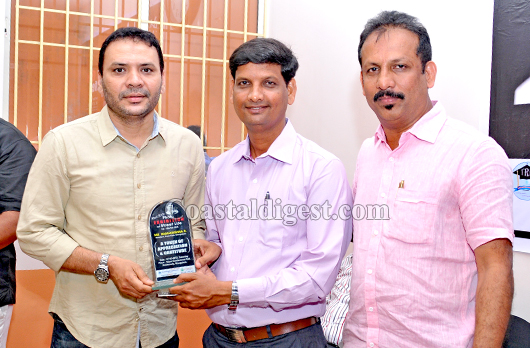
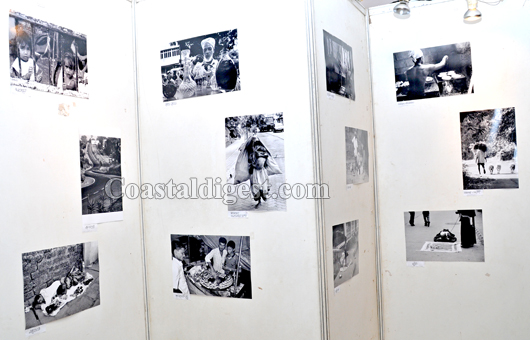
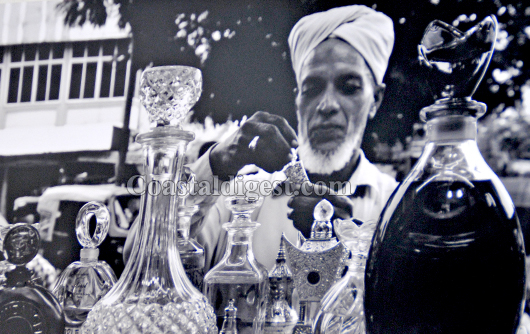

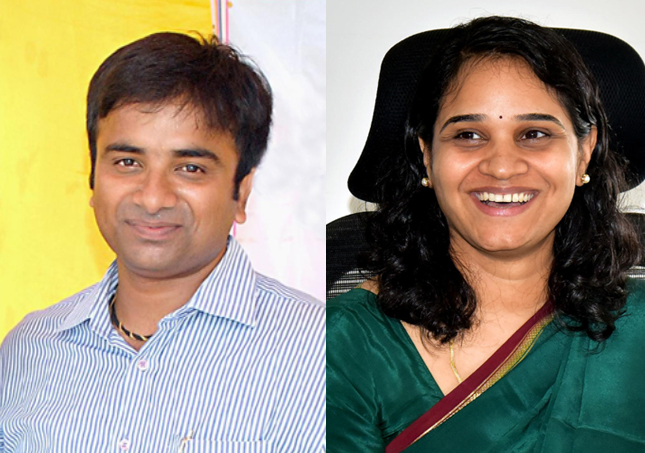
Comments
Really I miss YOU Anwar Sir....
May Allah Almighty Grant YOU Jannathul pirdouse.....
Add new comment